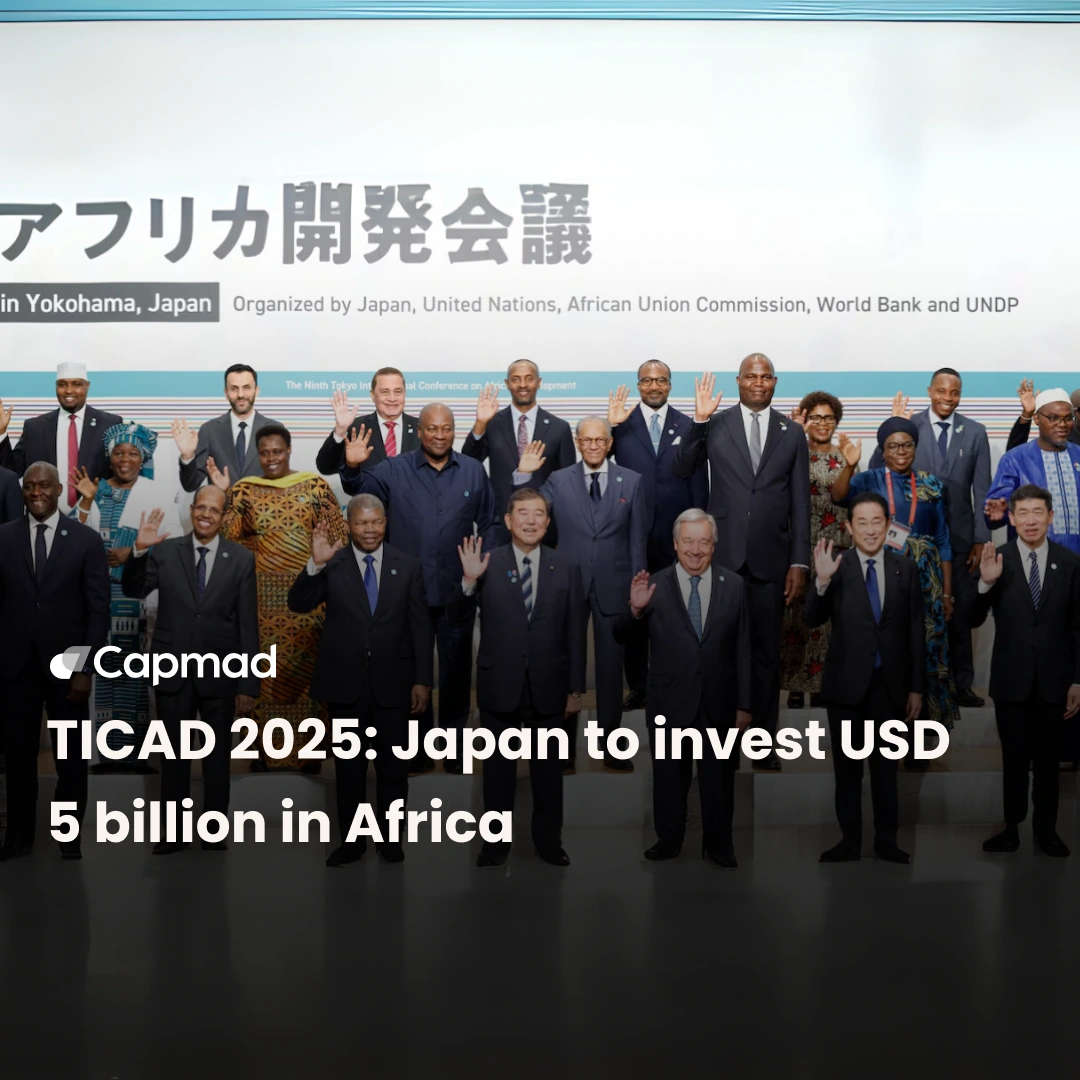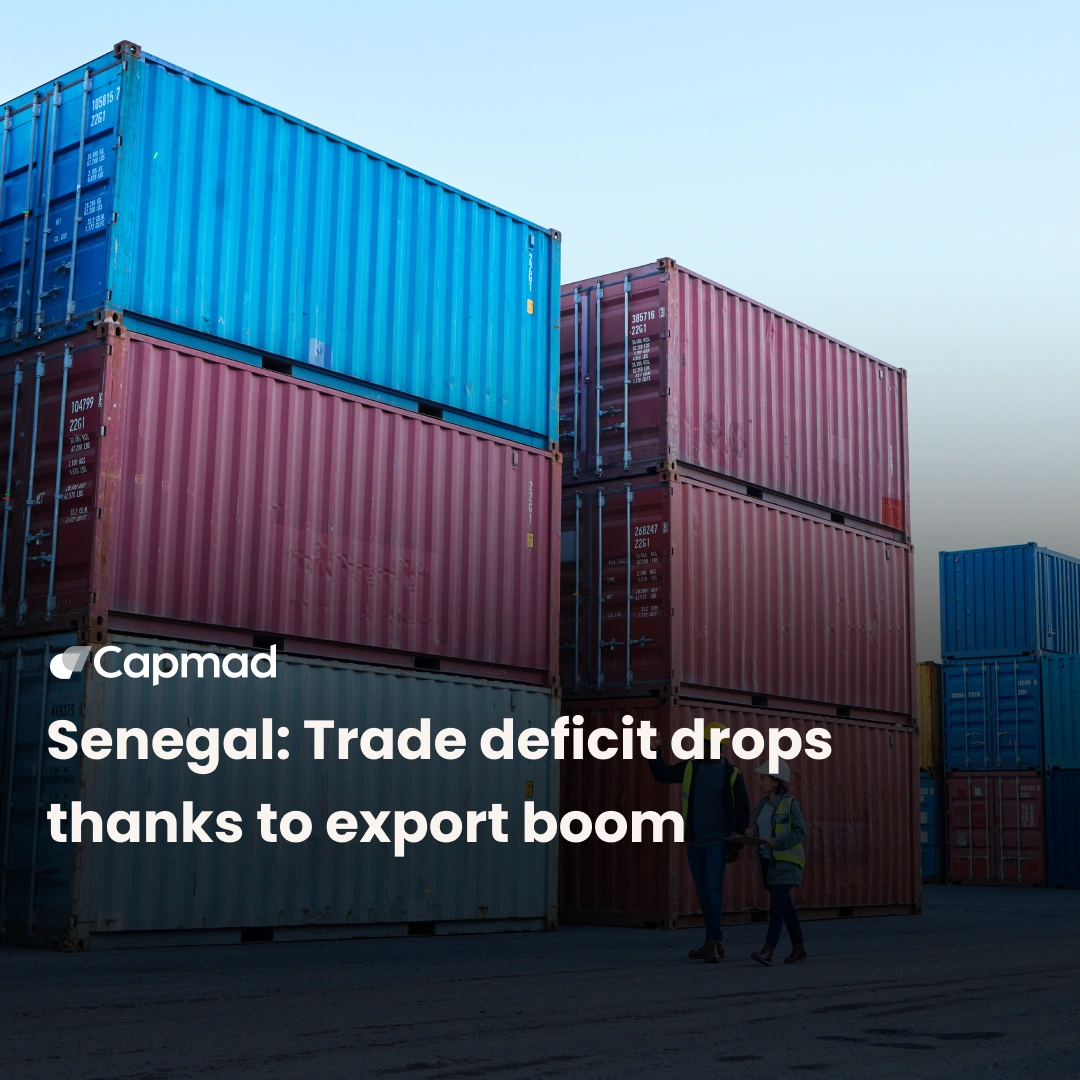The African Development Bank (AfDB) has granted an unprecedented loan of USD 139 million to the city of Johannesburg, South Africa, marking a historic first for the AfDB to lend directly to a local authority and not to a state.
A Historic Loan for an African City
The African Development Bank (AfDB) has granted an unprecedented loan of 139 million dollars to the city of Johannesburg, South Africa, marking a historic first where the AfDB lends directly to a local government rather than a national state. This financing without sovereign guarantee demonstrates the bank’s confidence in the creditworthiness of African cities and their key role in the continent’s economic growth. Johannesburg, South Africa’s economic capital, is thus recognized as a major player for investment in Africa.
Objective: Modernizing Urban Infrastructure
The loan is intended to finance 100 rehabilitation projects targeting Johannesburg’s essential infrastructure: electrical networks, water supply, waste treatment, and roadways. These projects aim to address the deterioration of infrastructure observed over several decades, including burst pipes, poor road conditions, and inefficient waste management systems.
A Strategic Issue Ahead of the G20 Summit
Johannesburg, home to approximately 6 million inhabitants and contributing about 16% to South Africa’s GDP, is set to host the first G20 summit held on the African continent in November 2025. This loan comes at a time when the city must improve its urban environment and international appeal ahead of this major event.
Expected Impact on Daily Life and the Local Economy
The financing should significantly reduce power outages, improve the distribution of drinking water, enhance waste collection efficiency, and generally boost industrial productivity. These improvements will contribute to more dynamic economic growth and a better quality of life for residents.
An Innovative Financial Model for Urban Africa
This loan also represents progress in African urban finance, as it relies on a sustainable market-based model that reduces dependence on national subsidies. It paves the way for African cities to access financial markets more directly, on their own terms, potentially transforming how urban infrastructure is financed across the continent.
South Africa’s Economic Context
This loan comes amid a challenging economic context for South Africa, which faces an energy crisis, a high unemployment rate (32%), and low economic growth (0.7% average over the past decade). Additionally, the AfDB has granted a complementary loan of 474.6 million dollars to support the country’s energy transition and railway sector.






